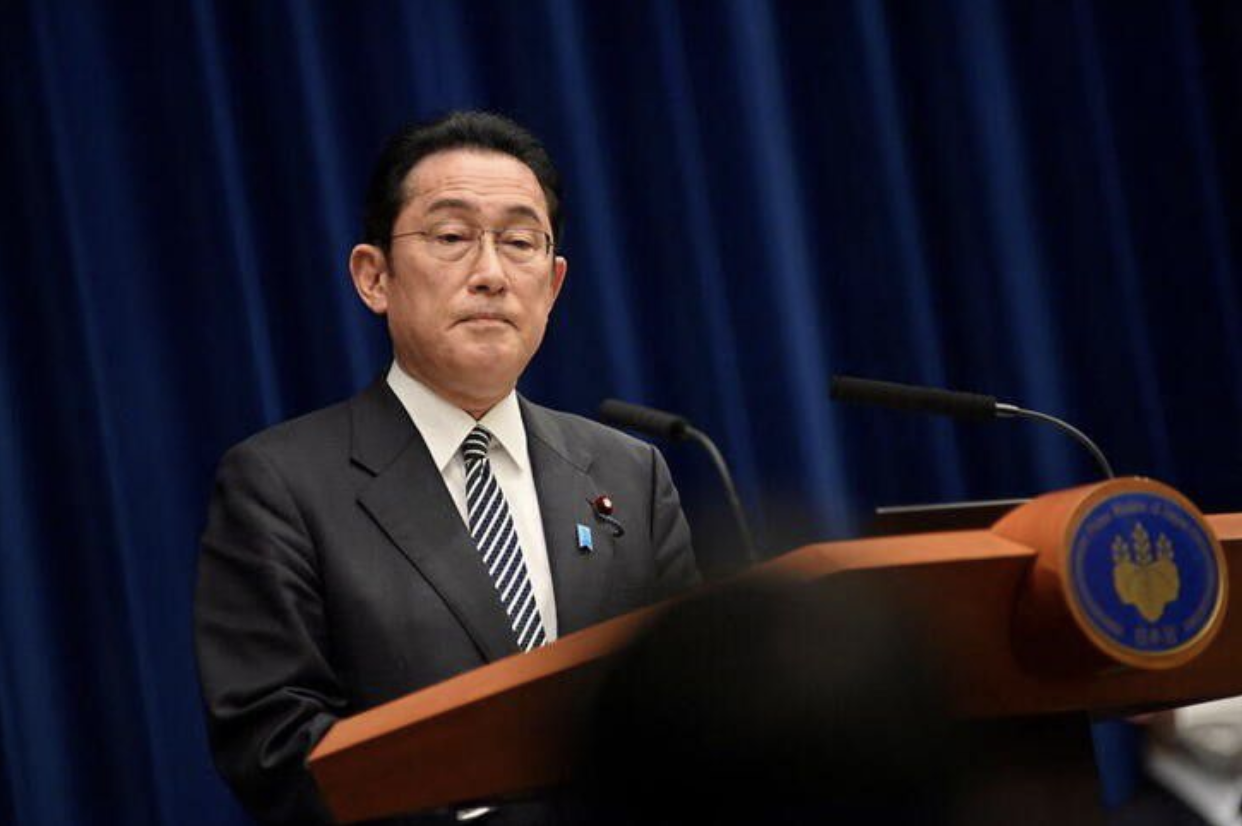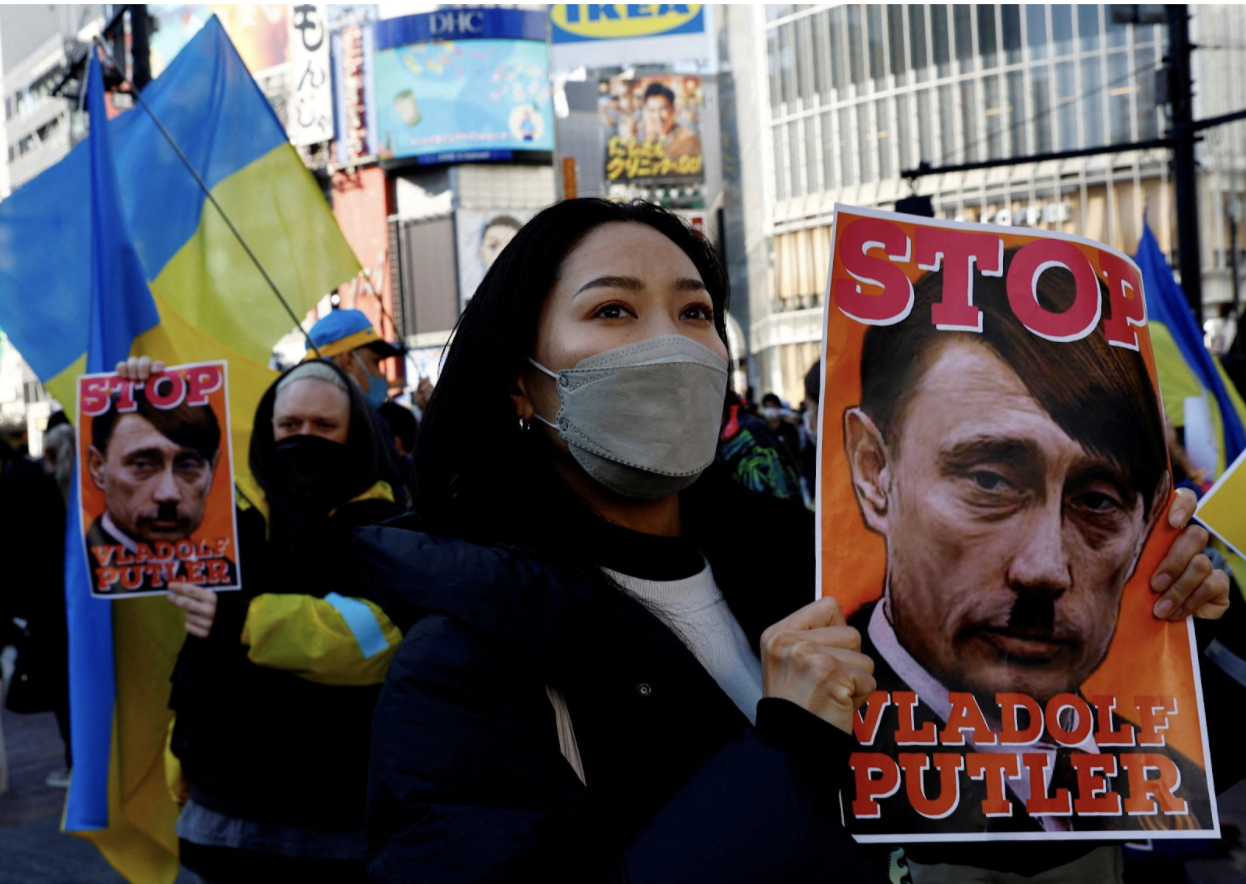Japan’s Response to Ukraine: A Surprisingly Tough Reaction
Japan’s PM Fumio Kishida at a news conference, February 17, 2022. Photo: David Mareuil/ Pool via Reuters
When Japan imposed sanctions against Russia immediately following the invasion of Ukraine, it broke from a long held “soft” approach to Russian diplomacy.
Since the end of WWII, Japan has long sought the return of the Kuril Islands, known as the Northern Territories in Japan, from Russian occupation. The official government stance holds these territories as fully Japanese, though without Russian cooperation the islands will almost certainly remain under Russian occupation. Thus, Japan has tried, especially following the collapse of the Soviet Union, to maintain warm relations with Russia in order to facilitate the return of the Kuril Islands.
Following the Japanese sanctions, Russia has formally withdrawn from peace talks regarding the islands and has frozen support for the joint economic projects that were taking place there.
However, this driving force of Russo-Japanese relations has seemingly fallen to the wayside in the advent of the Ukrainian crisis. One potential reason rests in Japan’s international image. Japan was criticized in the past because of its relatively weak response to the 2014 annexation of Crimea, where many observers claimed that Japan tried to “buy their way out” of international responsibility.
As Valerie Niquet, an Asia expert at France's Foundation for Strategic Research think tank, says, “Japan has been accused before of paying its way out, in a way, just giving money but not being directly involved in any crisis."
This time around, Japan has taken steps to adopt policies much more concrete than financial aid. In a reversal of typical policymaking in the country, Japan has accepted at least 73 Ukrainians since March 2. This figure, though small compared to the number of refugees coming from Ukraine, is internally massive - only 47 refugees total were accepted into Japan in 2020.
Protesters at a rally against Russia's invasion of Ukraine, in Tokyo, Japan, February 26, 2022. Photo: Kim Kyung-Hoon via Reuters
Additionally, Japan has been supplying non-lethal military aid to Ukraine through the United States. This marks the first time in history that the Japanese Self Defense Force has ever exported military supplies through the U.S. military.
In the wake of many diplomatic firsts, Japan seems to be moving to bolster its defenses against China. James DJ Brown, an associate professor of political science at Tokyo's Temple University, explains that “Japan has to be tough on Russia, because otherwise it sets a precedent, and perhaps encourages China to think that they could do the same thing.”
The ruling party in Japan, the LDP, has promised to raise defense spending from 1% to 2% of GDP and debate the introduction of “nuclear sharing” to the island nation, both seemingly as a response to Chinese aggression.
With the issue of the Senkaku islands, disputed territory between Japan and China, and the looming threat of an invasion of Taiwan, Japan’s response to Ukraine and the resulting change in its foreign policy may have long reaching effects in Asia.


